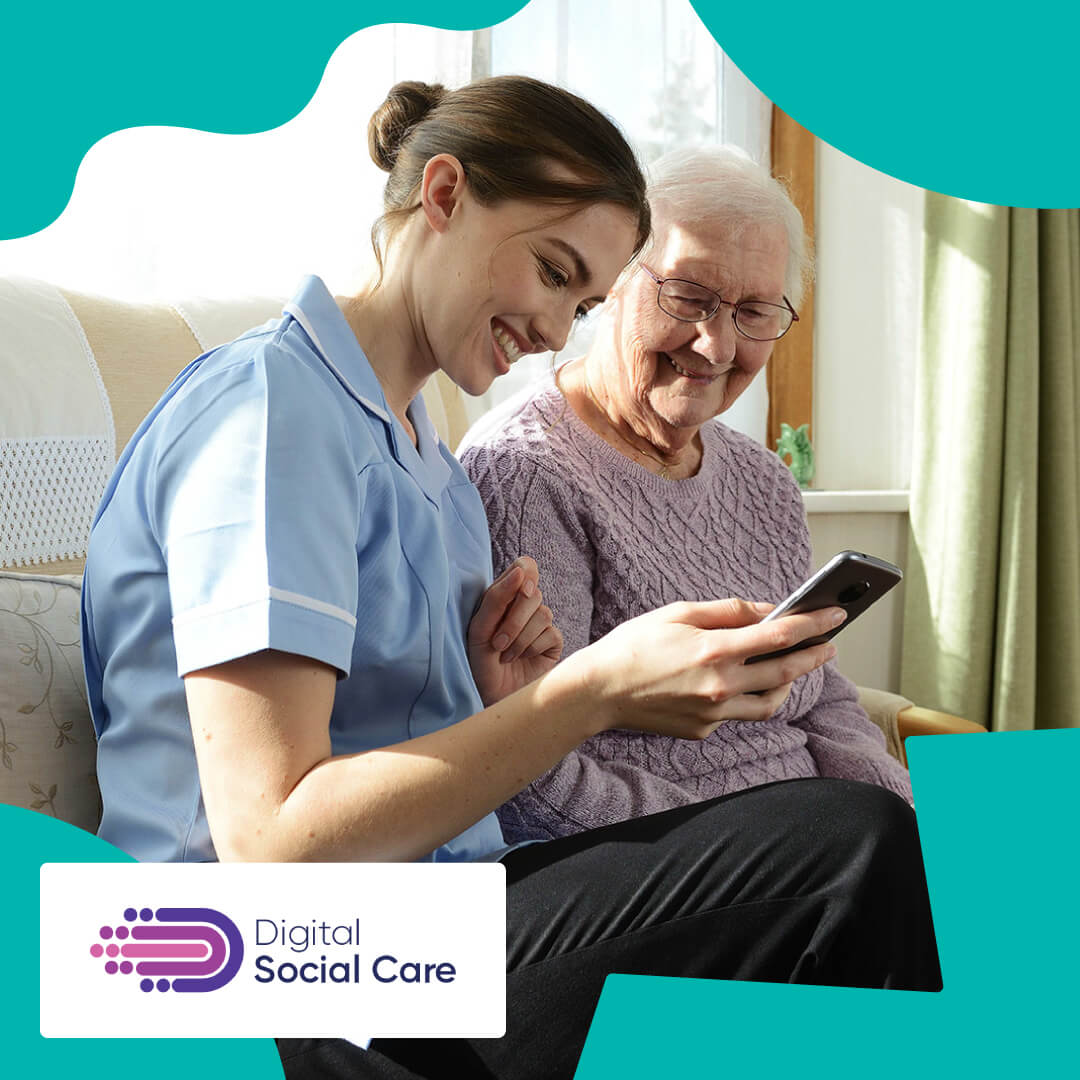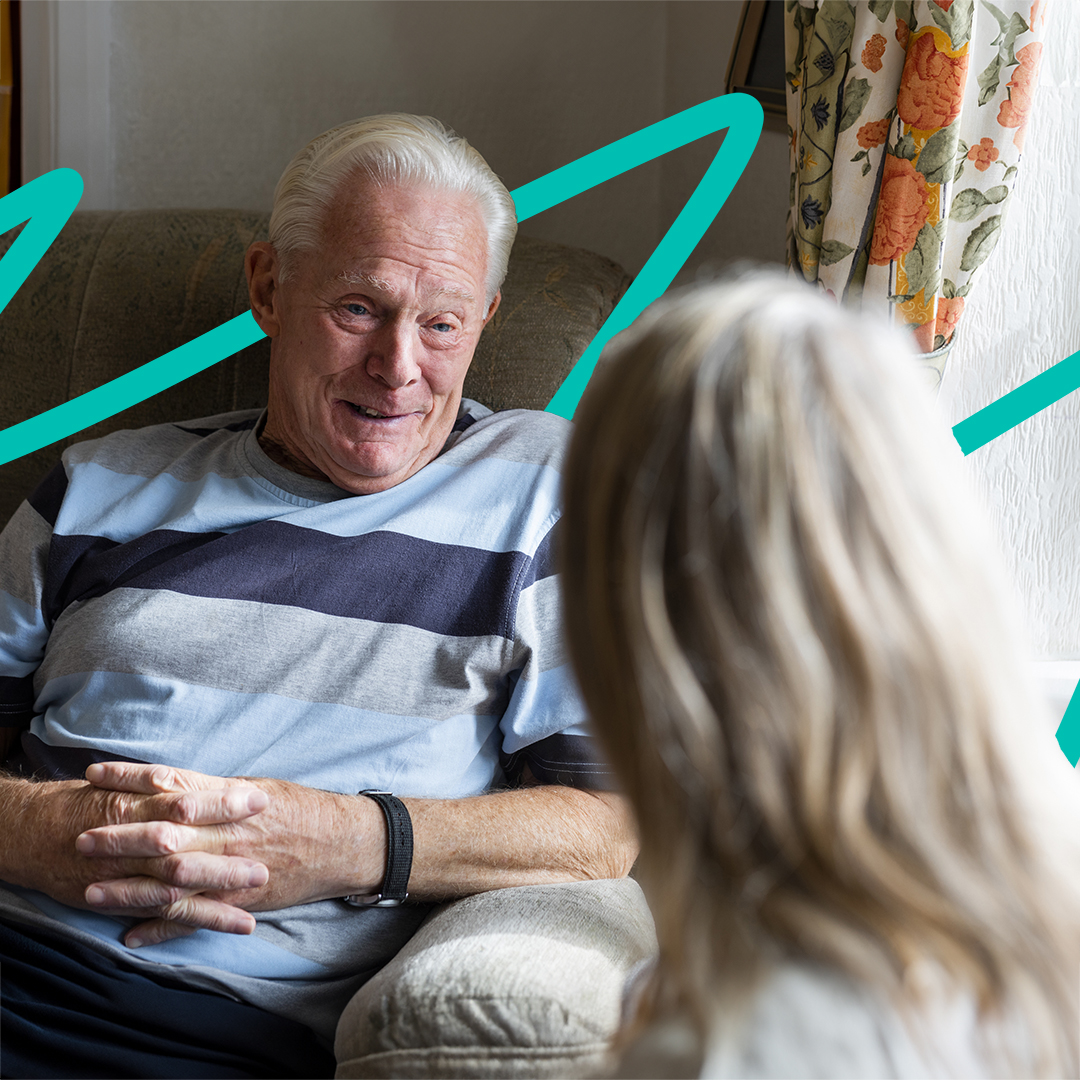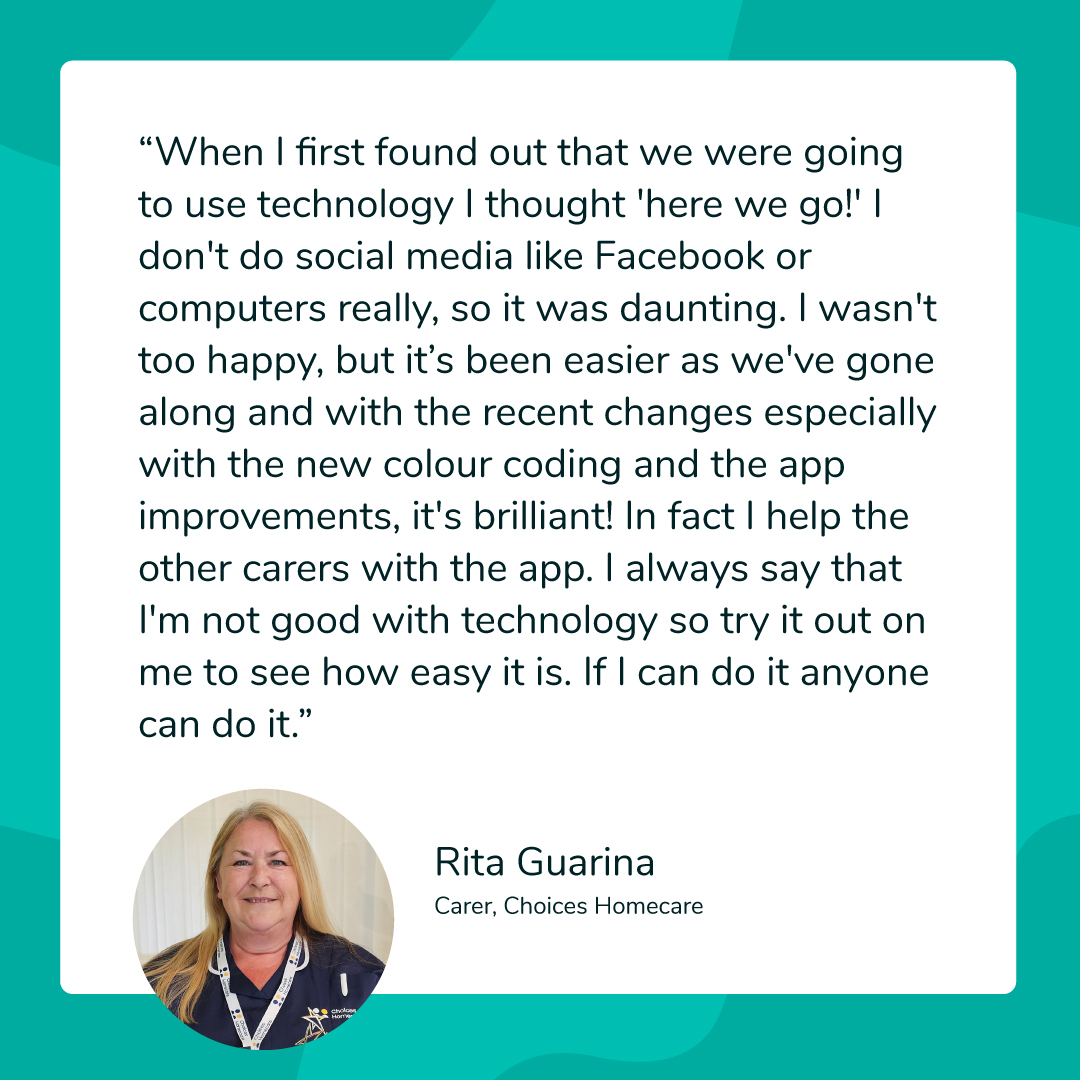What is a DSCR?
A Digital Social Care Record allows the digital recording of care information and care received by an individual within a social care setting. DSCRs replace traditional paper records and bring many advantages over traditional methods of record keeping.
The UK government set a target that 80% of CQC registered adult social care providers have a digital social care record solution in place that can interoperate with a local shared care record by March 2024. That target does not yet appear to have been reached and as such there is still funding in place for providers.
The Minister of State (Department of Health and Social Care), Helen Whately stated that in February 2024 63% of provider had adopted DSCRs and the 80% target had been extended to March 2025. She said that “By extending timeframes, we can ensure that care providers who are yet to digitise have the time and support needed to successfully adopt DSCRs, and to reduce the risk of regional disparities in DSCR uptake. We’ve allocated a further £25 million this financial year, to ensure as many people as possible can benefit from a DSCR”.
To qualify for the funding, homecare providers must have moved from a paper-based system since 1 April 2022 (backdated grants are generally available) and the software itself has to be on the Assured Solution List which ensures the software meets stringent minimum requirements in terms of functionality and security as well as ongoing development improvement benchmarks. Funding is also subject to local Integrated Care Board (ICB) criteria.
DSCRs empower caregivers through real time access to service user information
Digital Social Care Records (DSCRs) are fast replacing traditional paper records and are proving invaluable in allowing sharing of information in real time. Many organisations recognise the benefits of DSCR for both those accessing healthcare services and those working within services. Not only this, but it’s plain to see that impact on safety, health and wellbeing and proactive care planning is facilitated by DSCR, enabling continuity of high quality care to be delivered by caregivers through real time information sharing.
More than ever before caregivers are empowered to deliver safe and effective care to clients and patients with a variety of health and social care needs. In addition, DSCR encourages caregivers to take on many aspects of the role that include a high level knowledge e.g. observing and monitoring of conditions including blood pressure, urine and bowel observations, which with the correct training, can give caregivers the skills to recognise signs of deterioration or indeed, improvement in a service user’s health and well-being.
How does this enable carers to provide better care and support to individuals?
- The DSCR will hold information relating to the care plan and any reviews which gives the caregiver realistic benchmarks to help them monitor health and wellbeing and for them to understand agreed goals and outcomes and the meaning behind them.
- Health and wellbeing goals and expected outcomes can be actioned and monitored by caregivers and they can report in real time when goals have been met enabling caregivers to work to continually improve the lives of their service users.
- DSCRs allow caregivers access to information from previous visits therefore giving an up-to-date view of the health and well being, medication status and any incidents or concerns to be aware of. These are all recorded and shared on-the-job in real time, ready for actioning by caregivers and managers as appropriate allowing the DSCR to be updated in real time for a number of stakeholders rather than waiting until the carer reports back to the office for files to be updated.
- DSCRs empower caregivers to be confident that the information they are working with is reflective of the client’s/patient’s current situation.
- DSCRs give clear and detailed information of tasks for service delivery, this is very important for client well-being and when used correctly allows managers to give detail on how to drive individual and bespoke improvement plans for each client.
- Caregivers are empowered as DSCRs guide the user to work safely which gives many opportunities to identify and mitigate risk.
- DSCRs elevate caregiver confidence in knowing that they are able to continuously monitor their service users progress which allows them to action their observations, concerns and suggestions in real time.
Sharing of information
The changing needs of service users can be actioned within minutes by observing their clients and raising concerns when the need arises. Alerts back to the office give caregivers confidence that their information will be seen and actioned.
Empowering caregivers to work with other professionals to deal with health and well-being issues as they arise such as observing urine output and being able to note when a client is at risk of dehydration. This allows staff to refer to the appropriate healthcare professionals
DSCRs can also be a source of information used for the integration of care.
Want to know more?
If you are interested in moving to a Digital Social Care Record system do get in touch via our Book a Demo form.
More information on DSCR funding on this page.



